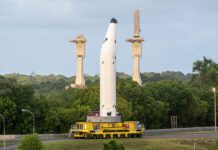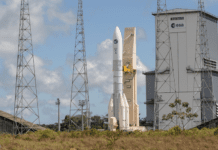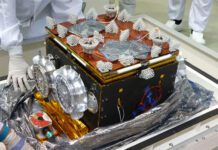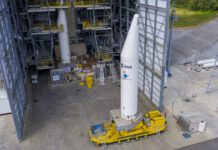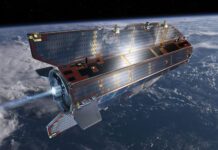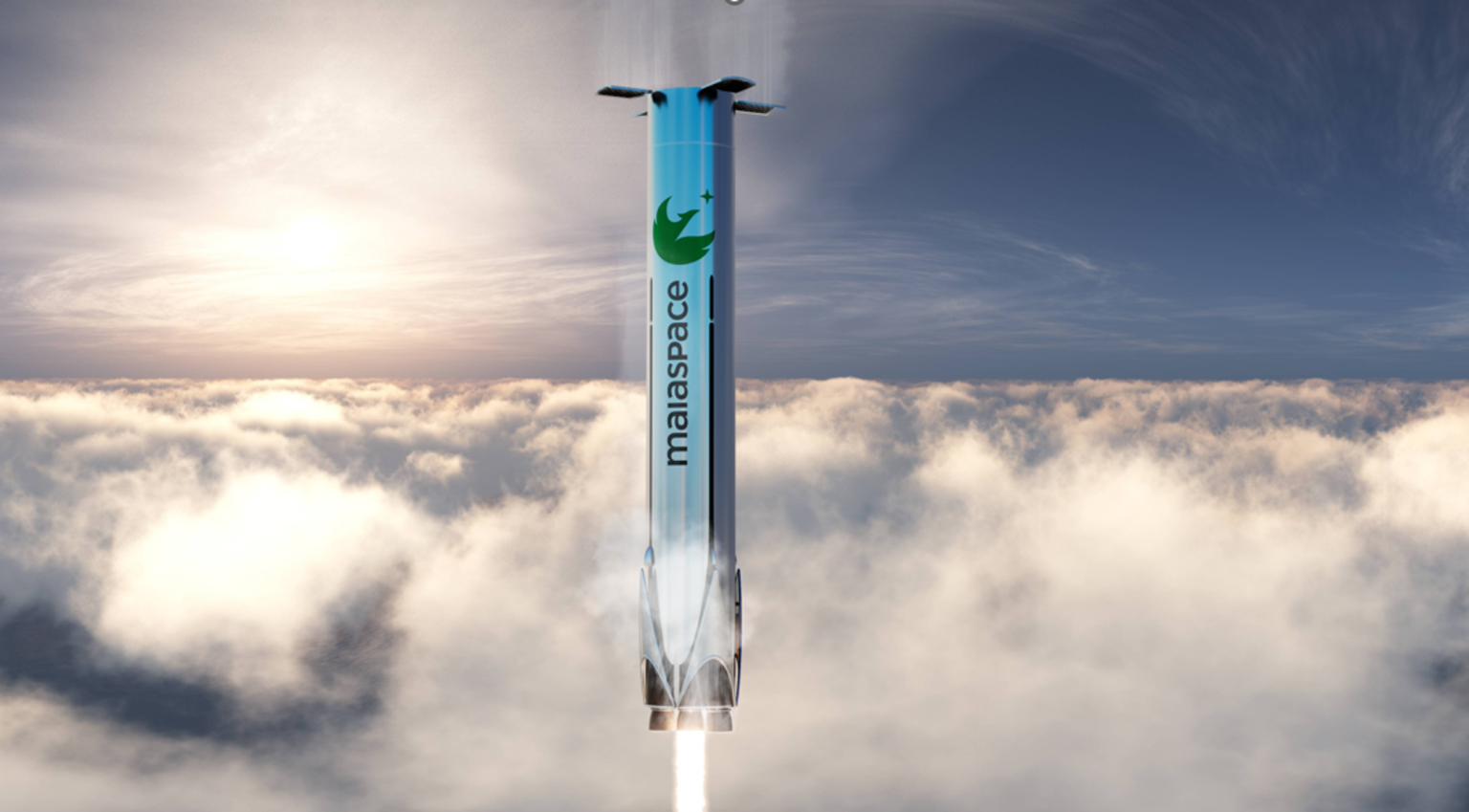
The launch directorate of the French space agency CNES has published a call to support industry-led demonstrations of semi-reusable micro and mini-launcher systems that will include the deployment of a passenger payload.
In the call’s introduction, CNES states that the reuse of the first stage of European launch vehicles is one of nine of its “Priority Innovation Vectors.” The agency goes on to explain that the reuse of a first stage offers a number of benefits, including cost reductions, greater flexibility, and a reduced impact on the environment.
The call sets out strict technical requirements for the demonstration missions. The launch vehicle will first need to be successfully demonstrated in an expendable configuration. This will be followed by the first flight during which the first stage is recovered. A second flight with the recovered first stage refurbished will then need to be completed within 12 months. Each demonstration mission must also provide the capacity for experiments chosen by CNES. The exact capacity allocated to the agency will be up to the provider.
The most significant of the technical requirements, though, is that the demonstration missions must prove the capability of the launch vehicle to achieve a performance (payload capacity) consistent with the market on which its business model is based.
Over and above the strict requirements, CNES also added a few nice-to-have requirements. The agency would prefer if a “toss-back” mission profile was utilized with a vertical landing. It would also prefer if the stage is methalox powered and that the provider utilized the Guiana Space Centre to conduct its launches.
At the moment, MaiaSpace is the most likely candidate to answer this call. The ArianeGroup subsidiary is building the vehicle and infrastructure for reuse, is using the right fuel, and has been granted access to the Guiana Space Centre. The business case may be where the company comes unstuck, though.
In January, MaiaSpace CEO Yohann Leroy explained in an interview that while recovery of its first stage will bring in cost savings, it will not be enough to offset the loss of performance.
“The performance of our launcher when the first stage is recovered is divided by three compared to the launcher in an expendable configuration, i.e. without recovery of the first stage,” Leroy said. We divide the performance by three, but the cost that we save by recovering the launcher – we do not divide the cost by three.”
Latitude is the most significant alternative to MaiaSpace, but the company appears to be focusing on volume to reduce costs instead of reuse. Both Sirius Space Services and HyPrSpace are working on reusable vehicles, but neither has yet secured significant funding. If CNES are prepared to fork out serious funding for this endeavour, then it may be able to spur some competition. However, at the moment, it looks like this call was designed with MaiaSpace in mind.


